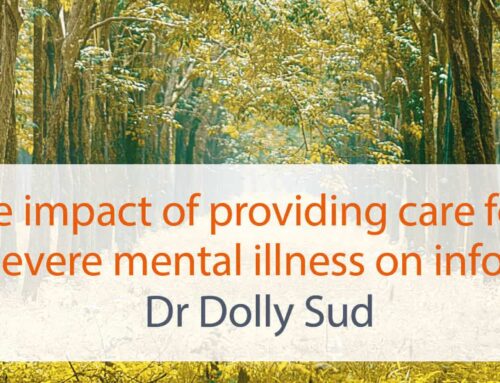
Hazel Cheeseman, Director of Policy at Action on Smoking and Health (ASH)
Why #QuitForCOVID
The coronavirus (COVID-19) pandemic has changed our lives, our routines and forced us to work in different ways. For many people this has had a significant impact on their smoking. The weekly YouGov COVID-19 survey finds that some have increased the amount they smoke and say that COVID-19 has decreased the likelihood they will quit. However, for many others the COVID-19 lockdown has been the motivation they needed to try to quit or cut down. The more support they get, the more likely they are to succeed.
Following early reports that smokers were under-represented in those admitted to hospital with COVID-19, a clinical trial is under way in France to determine whether nicotine patches can help prevent or lessen symptoms of COVID-19. This should not put smokers off trying to quit, but encourage them to use alternative sources of nicotine. People are also much more likely to succeed in quitting smoking if they use alternative forms of nicotine – such as patches, gum and e-cigarettes – all of which are far less harmful than smoking. The weight of the evidence is clear that carrying on smoking will always be more harmful than quitting. At this time as much as any other, smokers can improve their health and wellbeing by quitting. [See the Quit For COVID FAQS]
Quitting smoking delivers immediate health benefits:
- After just eight hours oxygen levels in the body return to normal
- After two days the lungs start to clear and the ability to taste and smell improves
- After three days breathing becomes easier and energy levels start to increase.
[NHS Smokefree: What happens when you quit?]
People with mental health conditions are 50% more likely to smoke than the wider population and smoking is a major factor contributing to a 15-20 year reduction in life expectancy. Encouraging smokers to quit now can help them reduce their current risks and benefit their health long-term.
Quitting smoking can be daunting especially at this stressful time, so ASH and partners are encouraging people to #QuitForCOVID together and share their stories online.
Needing more motivation?
The benefits of quitting are not just about physical health:
- Reduce antipsychotic medication: Quitting smoking can reduce the necessary does of some antipsychotic medications. Healthcare staff should monitor smokers who are trying to quit to see if their medication dosages need adjusting.
- Improve mental health: quitting smoking can improve mental health and positive mood. Research shows quitting smoking can have as much impact on anxiety and depression as taking antidepressants.
- Think about the money: Smokers can use the NHS costs of smoking calculator to see how much they could save by quitting smoking – it could be around £2,000 a year.
- Quitting together: Smokers are more likely to quit successfully with the support of friends or family. If smokers are living together, the current situation could be a good opportunity to try and quit together.
- Protecting friends and family: protecting loved ones from second-hand smoke is another motivator for quitting. With people spending more time at home, professionals should offer support to enable smokers to keep their home smokefree.
Local stop smoking services have adapted their support to provide specialist advice over the phone, via video conferencing and online. Professionals can refer into these local services, details available here: NHS Smokefree website.
Nicotine replacement therapy (eg patches or gum), medications like varenicline or e-cigarettes (vaping) can help smokers manage cravings. See the Mental Health & Smoking Partnership’s guidance on use of e-cigarettes.
Share your stories and support for #QuitForCovid on social media using the Communications Toolkit and resources available on the Coronavirus, Smoking and Mental Health webpage.






